7 seasonal fruit and veg to enjoy this winter
By Louise Belle BHSc (Nut Med)
Eating seasonal fruit and vegetables offers many benefits. For starters, seasonal produce is tastier! This is because it is fresh, and fresh is always best! The produce that you buy out of season has either been kept in storage for months, imported from overseas or grown in a hot house. This not only effects the flavour, but the nutrient content also. Freshly farmed produce is packed full of amazing vitamins and minerals. These nutrients diminish over time, so it is always best to buy produce that is in season if you can. It is also much cheaper to do so, as the farmers have a large abundance of the produce and can afford to sell it at a lower price.
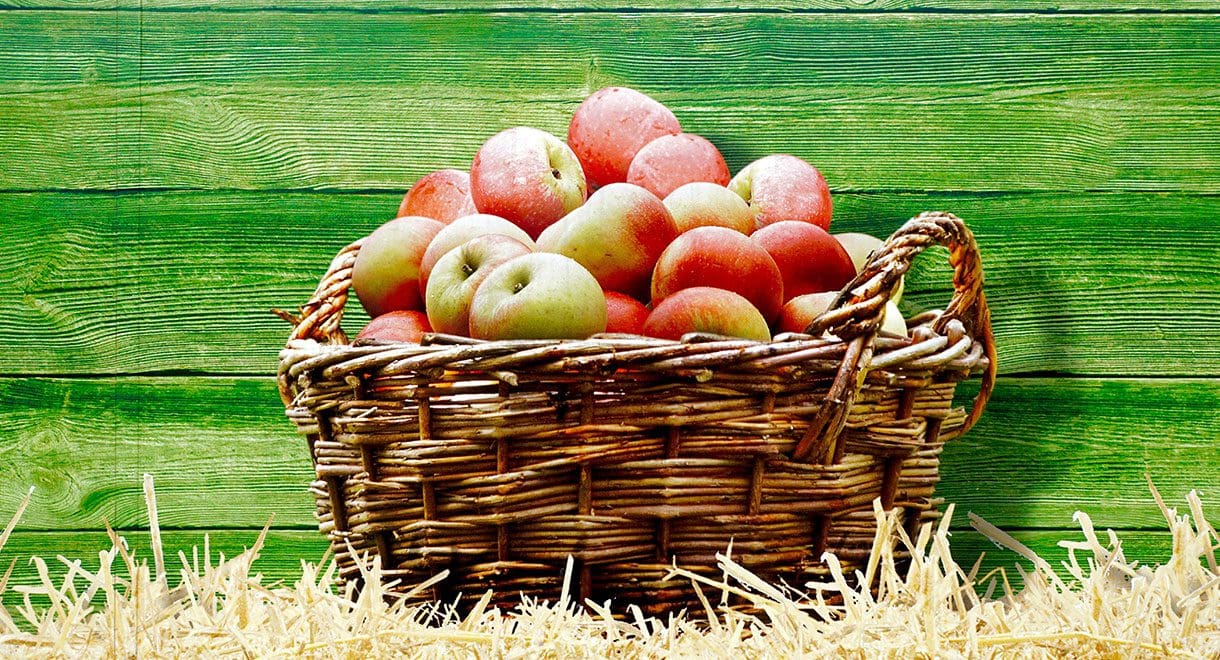
1. Apples
As they say ‘an apple a day keeps the doctor away’! Apples are loaded with antioxidants such as quercetin which reduce pain and inflammation and acts as a natural antihistamine to combat allergies. They are also rich in a fibre called pectin, which can bind to toxins and heavy metals in the gut and can also be useful in cases of food poisoning or stomach bugs. Pectin is a key ingredient in the Ultimate Gut Health powder.
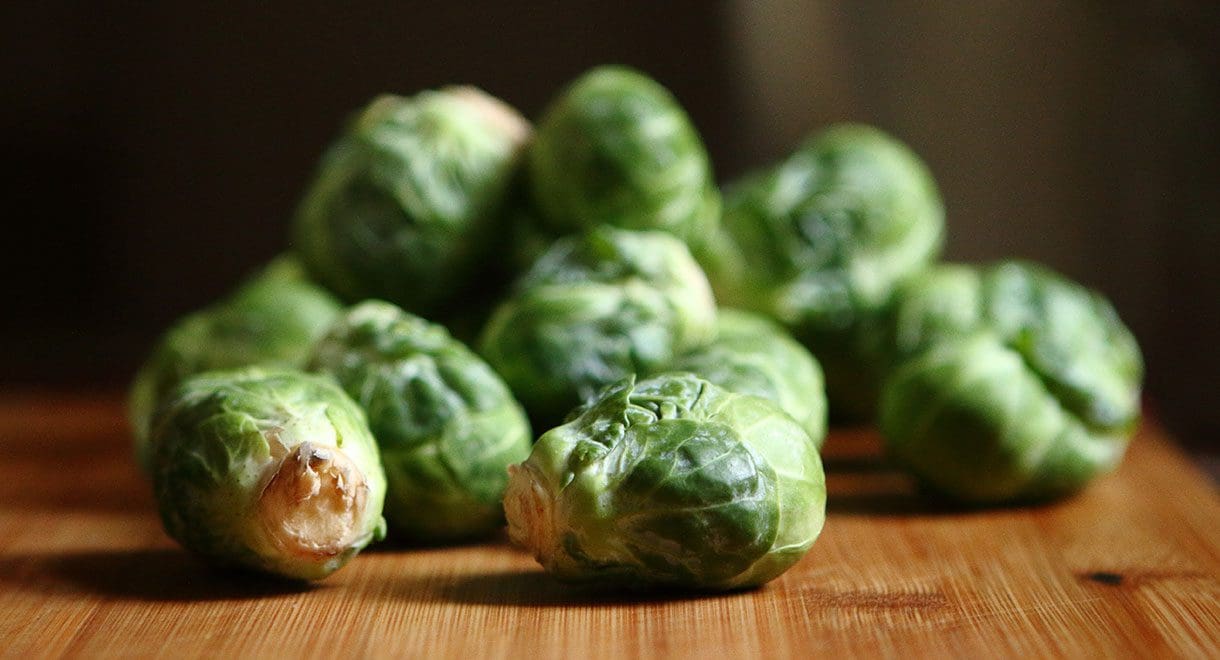
2. Brussels sprouts
They often get a bad reputation, but Brussels sprouts are extremely beneficial to your health and are super tasty if you cook them right! They are a member of the cruciferous family and contain high amounts of sulphur which is great for supporting liver detoxification. They are also bitter which is great for stimulating bile release from the gallbladder to aid in digestion.
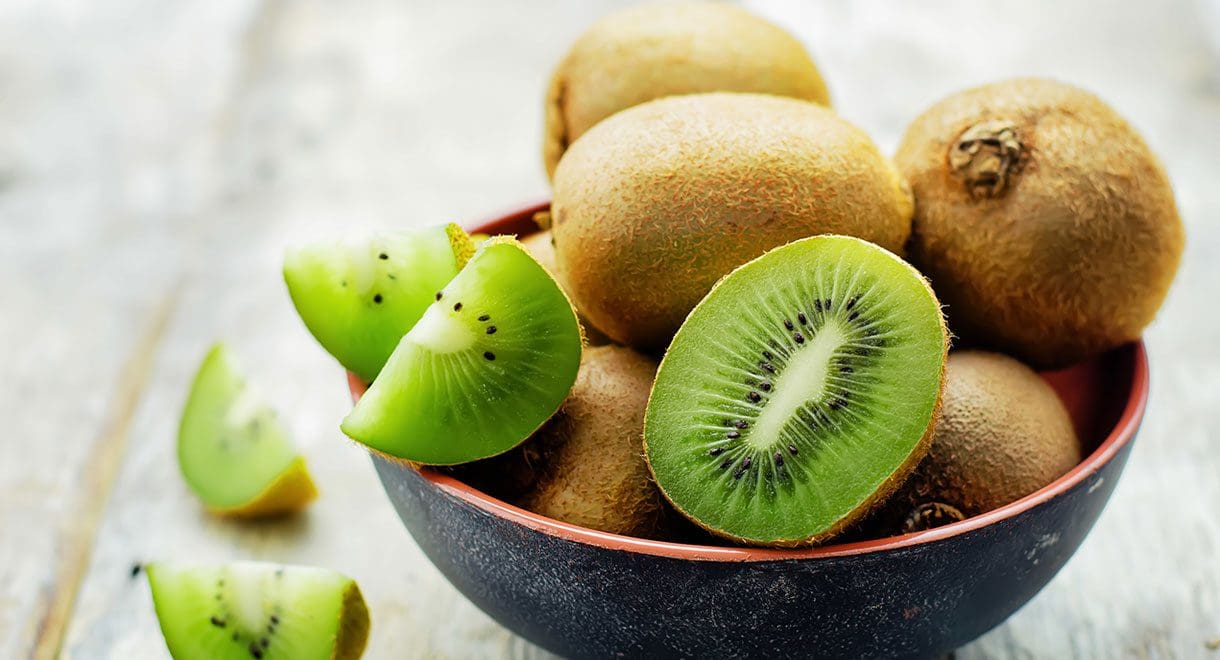
3. Kiwifruit
Named after the New Zealand kiwi bird, kiwifruit have a low glycaemic index (GI) and are a rich source of fibre, making them a favourable food for blood sugar stabilisation. They are also rich in immune-boosting vitamin C, cell-protecting antioxidants and are high in the mineral potassium which supports healthy kidneys.
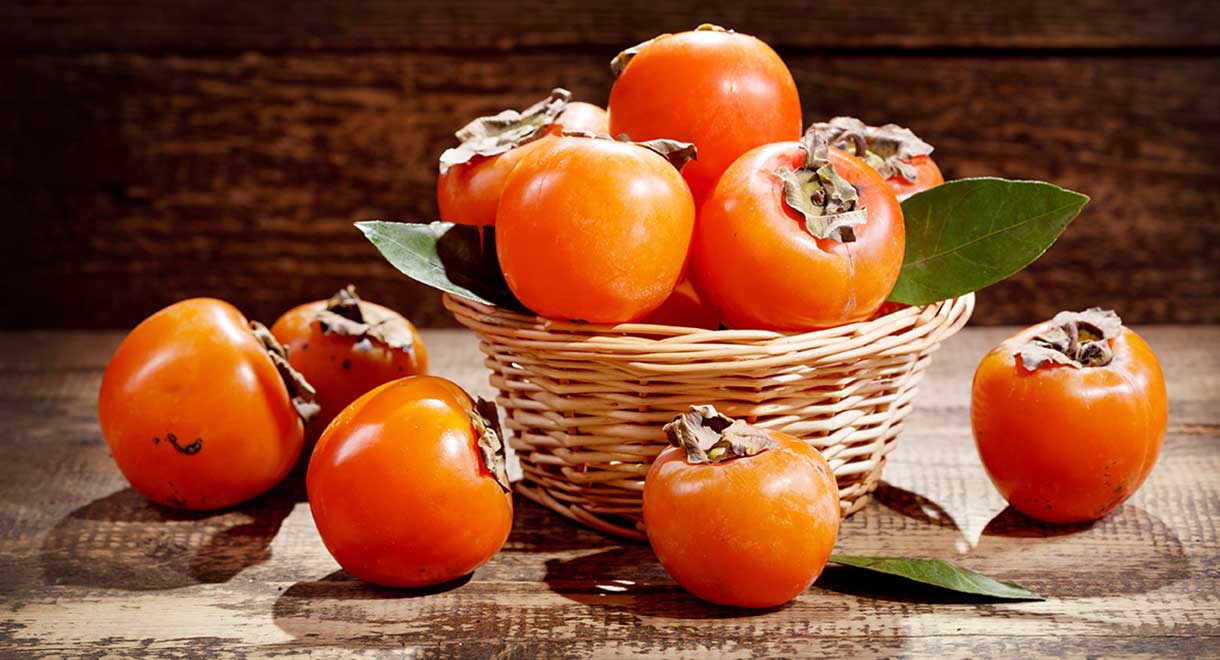
4. Persimmon
Referred to as ‘the fruit of the gods’, persimmons are packed with beta carotene, vitamin C, fibre, folate and minerals. They are a rich source of antioxidants, one in particular – fisetin, which has been shown to protect against brain ageing, induce death of cancer cells and reduce complications of diabetes in animal studies.
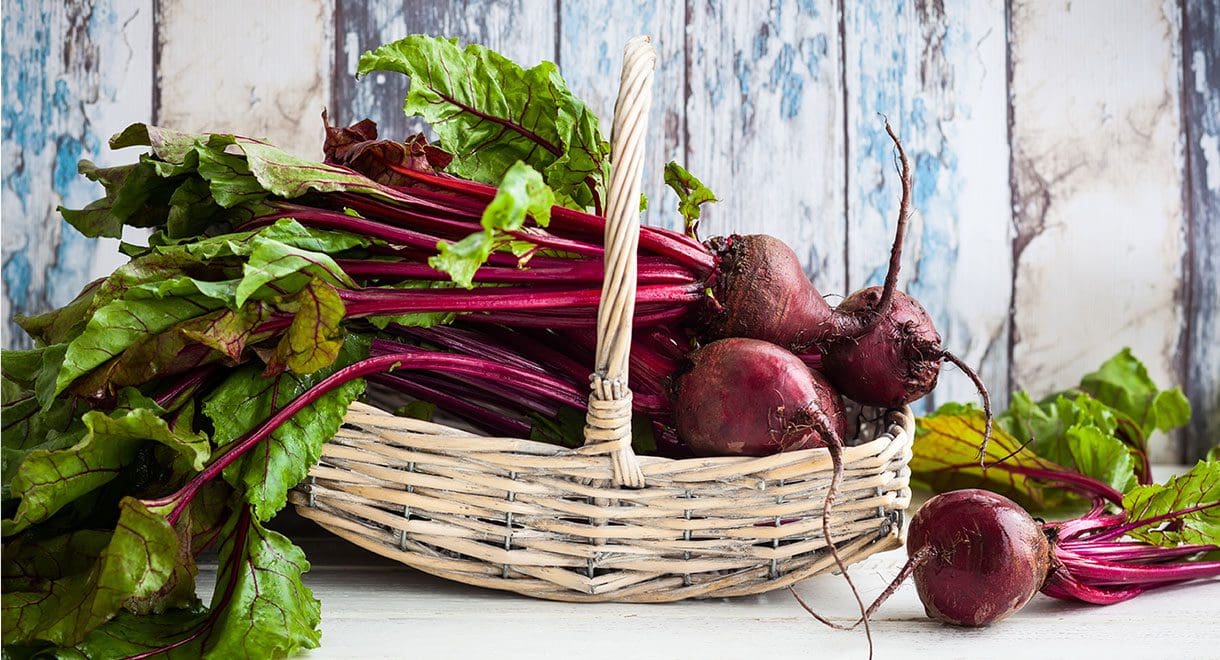
5. Beetroot
This rich purple root vegetable does a lot more for you than simply making your burger taste delicious or dyeing your hands pink when you cut it. Beetroot is a rich source of antioxidants and minerals and can help to support healthy blood flow and blood pressure. It can also be used by athletes or exercise enthusiasts to boost their exercise performance.
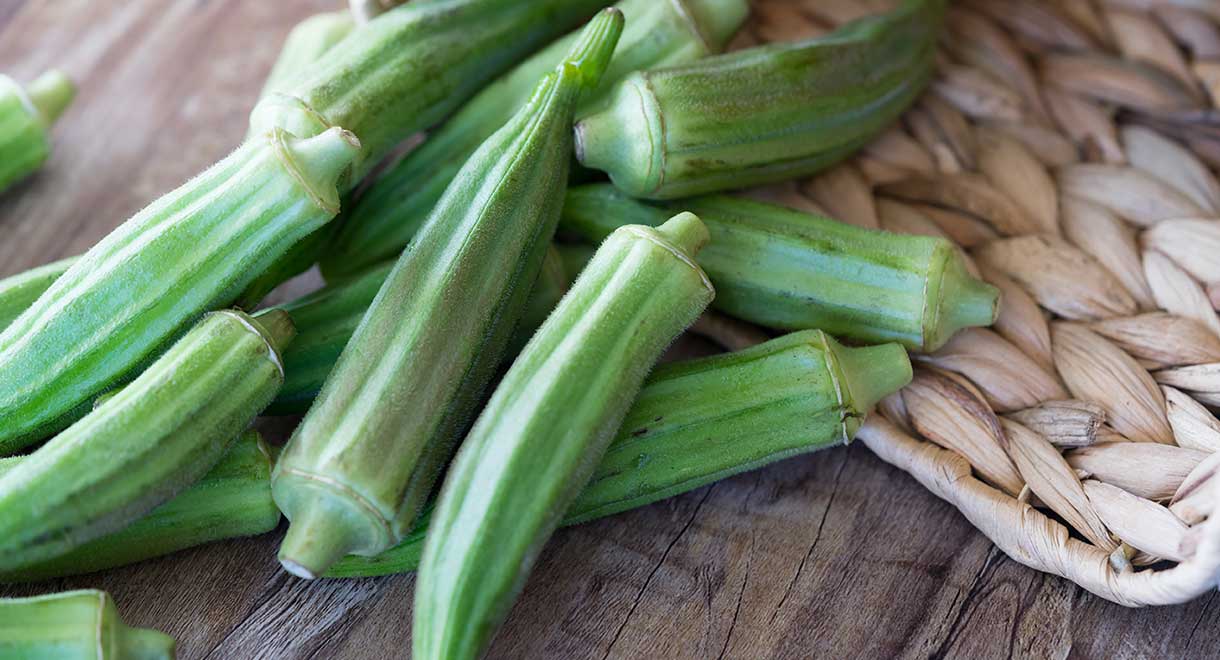
6. Okra
Otherwise known as lady’s fingers, okra traditionally originates from Africa and is a fantastic source of fibre. They are low in calories and rich in folate, antioxidants, vitamin C and vitamin K. A unique benefit of okra is their rich mucilage content which help to soothe the gut lining and to prevent constipation. Psyllium husk has this mucilage when mixed in water and is the main ingredient in Fibretone.
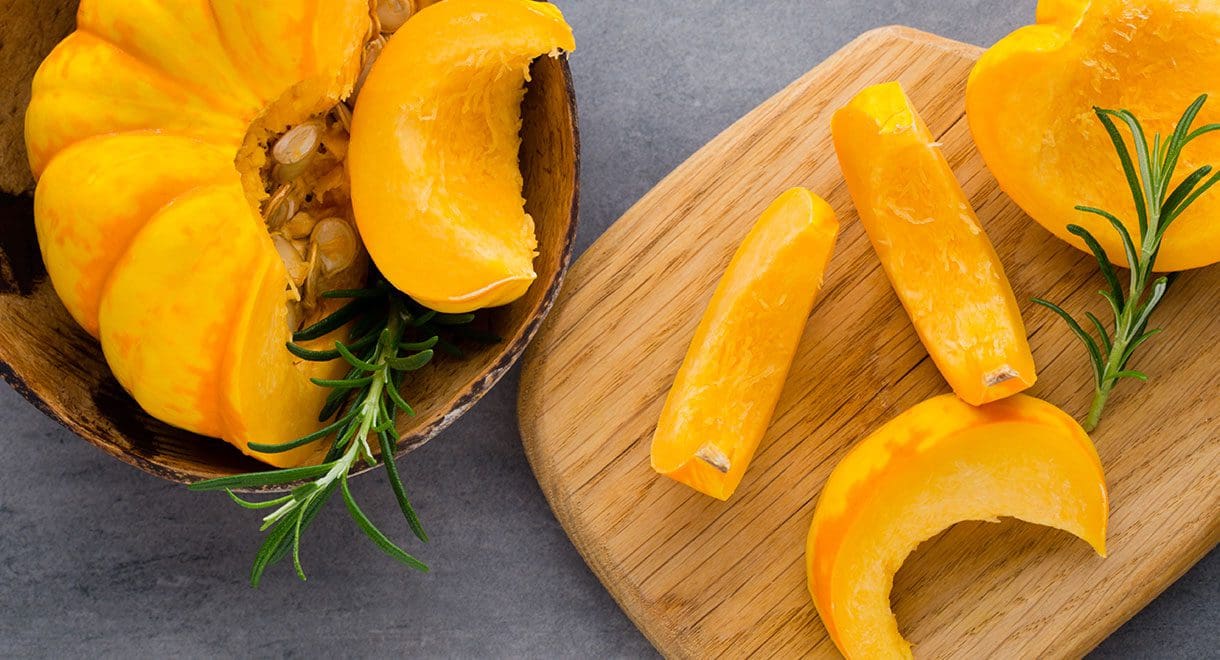
7. Pumpkin
This is the perfect winter vegetable for making thick pumpkin soups, or roasted pumpkin for a delicious side to your favourite protein. It’s a great source of antioxidants, beta-carotene, fibre and B vitamins and is great for heart health. Don’t throw away the seeds! They are rich in zinc, calcium and are also a good source of protein.
You will find many delicious raw juice and smoothie recipes to improve your health in the book Raw Juices Can Save Your Life.









Leave A Comment